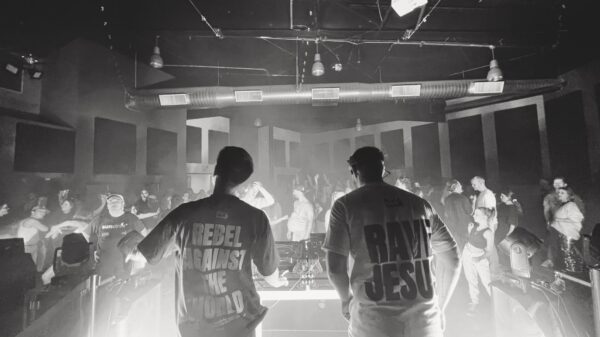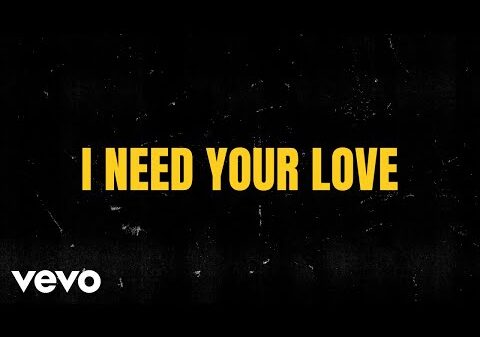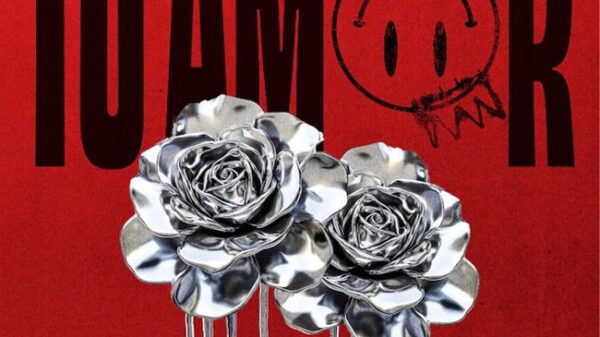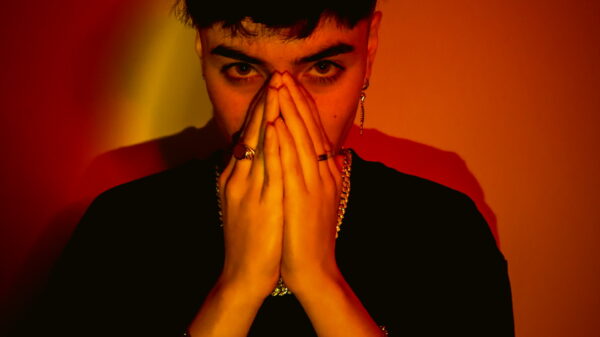An EP, otherwise known as an extended play record, is a musical recording that contains more music than a single, but is too short to qualify as a full-length LP. EPs are typically released in standard vinyl and cassette form, but can also be found in digital formats such as CDs and downloads. While they are often used by artists to promote new material, EPs can also be stand-alone releases that contain previously unreleased tracks or remixes. In some cases, an EP may even be released as a limited edition item, making it a collector's item for diehard fans. No matter what form they take, EPs are sure to pack a musical punch.
What’s the difference between EP and LP?
For the uninitiated, the difference between an EP and an LP can be confusing. After all, they both contain music, so what's the big deal? Well, to put it simply, an EP is a shorter record, typically containing four or five songs, while an LP is a full-length album with eight or more tracks. The term “EP” stands for “extended play,” while “LP” stands for “long play.” So why the different terms? In the early days of vinyl records, EPs were designed to be played at a higher speed than LPs, which meant that they could fit more music onto each side of the record. As a result, EPs were typically shorter in length than LPs. Today, there is no difference in playback speed between EPs and LPs, but the terminology has remained. So when you're browsing for new music, keep an eye out for both EPs and LPs – they both have a lot to offer.
What are the benefits of releasing an EP vs. an album?
When it comes to releasing music, artists have a lot of options. They can release a single, an EP, or a full-length album. Each format has its own advantages and disadvantages. For example, releasing a single is a great way to get your music out there without having to commit to a longer project. However, singles can be quickly forgotten in the ever-changing world of music. On the other hand, an album requires a lot of time and effort to create, but it also has the potential to reach a wider audience. Releasing an EP is somewhere in between these two extremes. It's shorter than an album, so it's not as much of a commitment for the artist. But it's also long enough that it can make more of an impact than a single. In the end, it's up to the artist to decide which format is right for them and their music.
Can an EP be 7 songs?
The answer to this question is both yes and no. According to the Recording Academy, an EP is defined as a recording that has a maximum of 30 minutes of music, with no more than four songs and/or instrumentals. So, technically, an EP could have seven songs as long as each song is under four minutes in length. However, in practice, most EPs tend to be closer to three or four songs in length. This is due primarily to the fact that it can be expensive and time-consuming to record longer EPs, and many artists prefer to release shorter records so that they can put out new music more frequently. So, while an EP could technically be seven songs long, it's more likely that you'll see records with fewer tracks.











